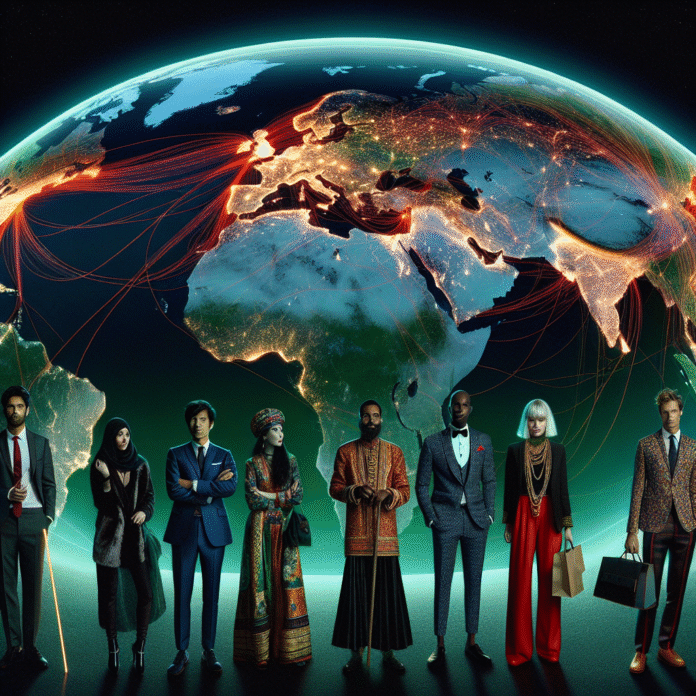Wealthy Elite Drive Major Climate Change
Wealthy Elite Responsible for Vast Majority of Global Climate Warming
In recent years, numerous studies have highlighted the disproportionate impact that the wealthy elite have on global climate change. A small percentage of the world’s population is responsible for a significant portion of greenhouse gas emissions, largely due to their consumption patterns, investments, and lifestyles.
The Carbon Footprint of the Wealthy
Research indicates that the top 10% of income earners contribute to nearly 50% of global carbon emissions. This elite group often boasts large homes, multiple vehicles, and frequent air travel, all of which significantly elevate their carbon footprints. For example, private jet travel, which is predominantly used by the wealthy, emits carbon dioxide at a rate that is substantially higher than commercial flights.
Investment and Consumption Patterns
The wealthy not only consume more resources but also invest in industries that contribute to climate change. Investments in fossil fuels, industrial agriculture, and other high-emission sectors perpetuate a cycle of environmental degradation. Furthermore, luxury goods and high-end services often have a larger carbon footprint relative to their cheaper alternatives.
The Role of Policy and Influence
Wealthy individuals and corporations also wield considerable influence over political and economic systems. Their ability to lobby for favorable regulations often undermines efforts to combat climate change. Tax breaks, subsidies, and loopholes in environmental regulations can lead to increased emissions, further exacerbating the climate crisis.
Social Responsibility and Sustainable Practices
There is a growing recognition among the wealthy elite of the need for social responsibility. Some individuals and corporations are beginning to adopt sustainable practices, such as investing in renewable energy and supporting carbon offset initiatives. However, these efforts must be scaled up significantly to make a meaningful impact on global emissions.
Call to Action
Addressing the climate crisis requires concerted efforts from all sectors of society, especially those with the greatest resources. The wealthy elite must take accountability for their contributions to climate change and lead by example. This involves not only reducing their own emissions but also advocating for systemic changes that promote sustainability and equity.
Conclusion
As the world grapples with the consequences of climate change, understanding the role of the wealthy elite is crucial. By recognizing their impact and taking actionable steps towards sustainability, they can help pave the way for a more equitable and environmentally stable future. The journey towards combating climate change is complex, but it is essential that those with the means to make significant changes do so swiftly and decisively.


